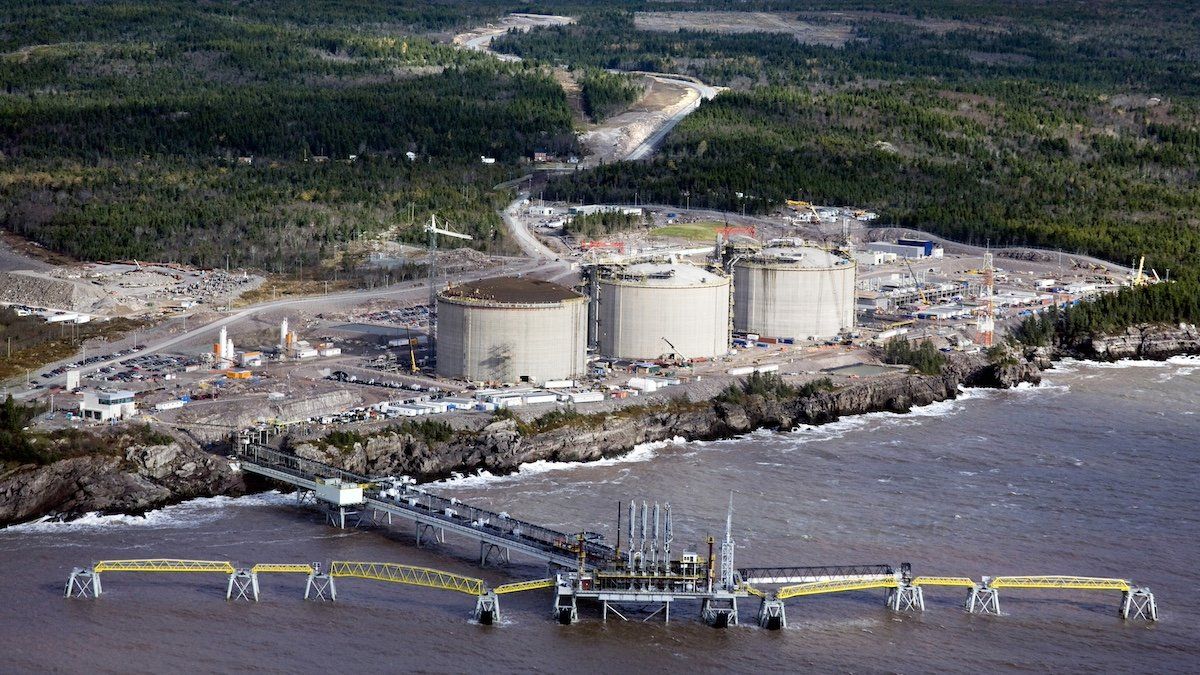Critics of the Biden administration have had a field day with its decision to pause the expansion of America’s liquified natural gas exports, while it looks at the effect of exports on the environment, energy security, and energy costs.
Commentator David Bahnsen, managing director of the Bahnsen Group, told Fox Business the move will help one person: Vladimir Putin. He said more LNG exports would undermine Putin while pausing new approvals is a “foreign policy own-goal” that will drive prices higher.
The move has some policy analysts scratching their heads since Biden has hailed the delivery of US LNG to Europe and Asia as a geopolitical victory.
Conversely, the move is being hailed in Canada, where Energy Minister Jonathan Wilkinson said he is “really happy” that the US Administration is looking to reduce the carbon intensity of LNG. Judging by his comments, it doesn’t sound like Canada will follow suit. “My hope is that what we will see coming from this are policies that actually look a lot like what we’ve already done,” he said.
The Canadian environmental approval process for projects has been notoriously prolonged over the past eight years, but there are now two projects under construction. One – the Shell-led LNG Canada’s facility in Kitimat, British Columbia – is 90% built and has all the approvals it needs to start exporting next year. There are others in the pipeline, including the Ksi Lisim floating facility, north of Prince Rupert, B.C., which is partly Indigenous-owned through the Nisga’a Nation.
Biden’s move has pleased environmental groups but upset proponents of an industry that has gone from one billion cubic feet of production a day to 14bcf at seven LNG terminals in less than a decade.
